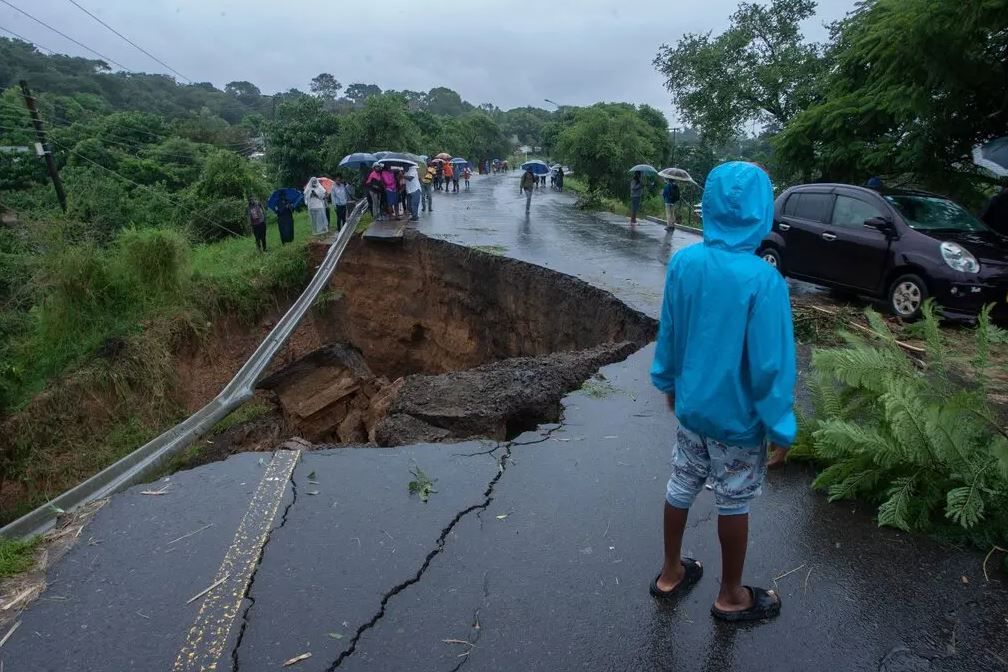Cyclone Freddy has wreaked havoc in Africa, leaving dozens dead and causing widespread destruction, according to the Red Cross. The cyclone, which made landfall in Mozambique last week, has since moved through Zimbabwe and Malawi, causing heavy rains and flooding.
The Red Cross reported on Monday that at least 50 people had died in Mozambique, with many more still missing. In Zimbabwe, 24 people were reported dead and 40 were missing, while in Malawi, the death toll had risen to nine.
The cyclone has also caused extensive damage to homes and infrastructure, with many areas cut off due to flooding and landslides. The Red Cross is working with local authorities and other aid organizations to provide emergency relief to those affected by the cyclone.
The situation is particularly dire in Mozambique, where communities are still reeling from the devastating effects of Cyclone Idai, which hit the country in 2019, killing more than 1,000 people and causing widespread damage.
“Communities in Mozambique are still recovering from the impact of Cyclone Idai, and now they are facing another disaster,” said Jamie LeSueur, the head of response for the International Federation of Red Cross and Red Crescent Societies in Mozambique.
“We are working closely with local authorities and other aid organizations to provide assistance to those affected by Cyclone Freddy, but the scale of the damage is immense and the needs are great.”
The Red Cross is calling for urgent support from the international community to help those affected by the cyclone.
The cyclone has also raised concerns about the spread of COVID-19 in the affected areas, as many people have been forced to seek shelter in overcrowded evacuation centers.
The Red Cross is working to ensure that measures are in place to prevent the spread of the virus, including providing hand washing stations and promoting social distancing.
As the cyclone continues to move through the region, the Red Cross and other aid organizations are on high alert, ready to respond to any further emergencies that may arise.

